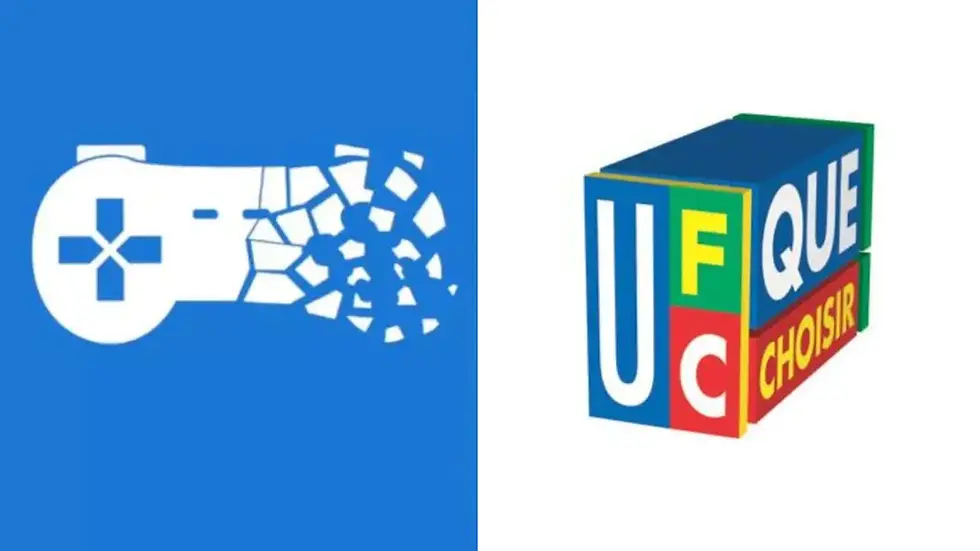French Watchdog Backs Stop Killing Games and Is 'Strongly' Considering Legal Action
- Sagar Mankar

- Sep 25, 2025
- 3 min read
French consumer advocacy group UFC-Que Choisir has officially backed the Stop Killing Games campaign, signaling its willingness to take legal action against publishers that block access to purchased games by shutting down servers.

Who Is UFC-Que Choisir?
Founded in Paris in 1951, UFC-Que Choisir (Union Fédérale des Consommateurs – Que Choisir) is one of the most prominent consumer protection organizations in France.
With nearly 170 local associations across the country, it has built a reputation for taking corporations to task on issues ranging from unfair contracts to digital privacy.
The group has previously pursued litigation against tech giants like Facebook, Google, and Twitter, and more recently against Nintendo, Sony, and Activision over consumer rights in gaming.
Their involvement in Stop Killing Games raises the stakes significantly. According to their press release, UFC-Que Choisir is “strongly considering taking the matter to court.”
"A group of gamers [SKG] intends to prevent video game publishers from blocking access to their products as they see fit. UFC-Que Choisir supports these consumers in their approach."
Why Are Gamers Pushing Back?
The controversy gained momentum after Ubisoft shut down the servers for its racing game The Crew in March 2024, leaving players unable to access the title in any form, even single-player. This wasn’t an isolated incident. Rockstar closed GTA Online servers on PS3 and Xbox 360 in 2021, Wizards of the Coast pulled the plug on Dungeons & Dragons: Dark Alliance in February 2025, and EA announced plans to shutter Anthem next year.
In many cases, shutting down servers not only cuts off multiplayer but also makes the entire game unplayable. For players who paid full price, this feels less like purchasing a product and more like renting time until publishers decide the experience is over.
"The stakes go far beyond the case of The Crew," the group said. "If these practices are not better regulated and the deviations are punished, consumers will continue to buy games without knowing how long they will be able to enjoy them, or whether they will ever have the opportunity to give them away or resell them."
Do Players Own Their Games or Just a License?
Publishers typically defend their decisions by arguing that consumers are buying a license, not the game itself. This means they reserve the right to revoke access whenever they want. Gamers, however, argue that they were never informed of an “expiration date” at purchase, and therefore should be entitled to use the product indefinitely.
This clash of interpretations is at the heart of Stop Killing Games, a grassroots campaign that has already gathered over 1.4 million signatures across Europe. If validated, the petition could force the European Commission to formally address the issue and potentially draft new consumer protection laws.
What Solutions Are Gamers Asking For?
Players aren’t demanding that publishers keep servers online forever. Instead, they want options when services shut down:
A patch allowing offline play.
Tools to connect to private servers for multiplayer.
Publishers, however, have pushed back, citing technical difficulties, security risks, and copyright concerns. Critics see this as a way to nudge players toward buying newer titles rather than preserving access to older ones.
"UFC-Que Choisir is strongly considering taking the case to court, in order to allow the aggrieved people to obtain compensation, but above all, to push publishers to clearly inform their customers about what they are buying. It is then up to each person to make his or her choice in full knowledge of the facts."
UFC-Que Choisir has already proven records. It pressured Nintendo into offering free repairs for faulty Switch controllers, and the French Competition Authority fined Sony €13.5 million for blocking third-party accessories. Its potential involvement here suggests that publishers could soon face legal pressure over digital game access.








Comments